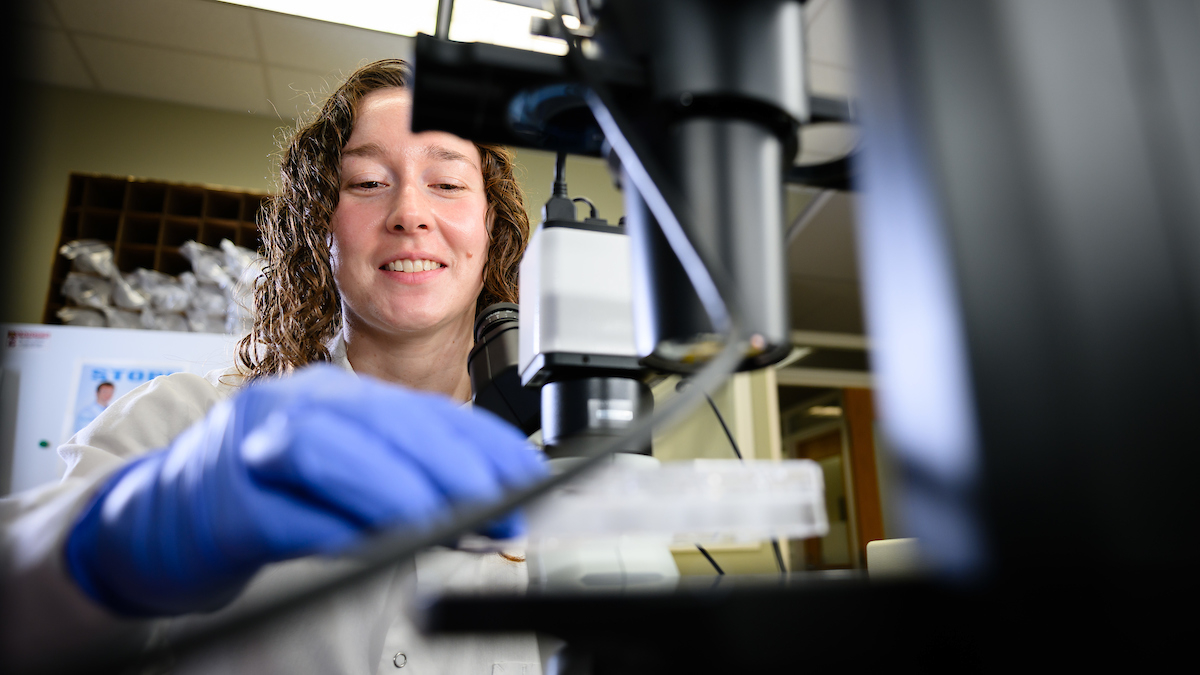Ammonia Excretion, A Novel Biomarker and Therapeutic Target for Feline CKD
Principle Investigator
Description
Chronic Kidney Disease (CKD) is defined as the presence of functional abnormalities in one or both kidneys over a prolonged period of time. Serum creatinine is currently used as a marker of kidney function, but it cannot detect early changes in kidney function. Detecting CKD early has significant importance because early treatment could slow the rate of disease progression, improve the patient’s quality of life and prolong survival times. In addition, early detection of kidney disease will give us the best chance to identify the underlying cause to target our treatment better. There is a critical need for us to identify biomarkers of kidney function that can be used to diagnose early kidney disease. This proposed research project aims to characterize a new biomarker for kidney disease that will hopefully allow us to predict outcomes and/or therapeutic responses.
Eligibility
- Cats diagnosed with stable IRIS stage II -IV CKD (serum creatinine > 1.6 mg/dL or SDMA > 18 μg/dL and lack of appropriate urine concentration, USG < 1.045).
- Cats must be on a stable diet for 28 days prior to study enrollment.
Participation
You will be required to bring your cat to NC State Veterinary Hospital for:
- 1 screening visit
- 4 study visits
Incentives
- Screening Visit: blood and urine collection for renal biochemistry, PCV/TP, urinalysis, urine protein to-creatine ratio, and blood pressure measurement.
- Study Visits (4 total): blood collection for renal biochemistry panel, urinalysis, and blood pressure measurement.
Enrollment Start
08/28/2024
Enrollment Finish
08/28/2026
Flyer
Contact
For more information, please contact: Dr. Harris at harrislab-clinicaltrials@ncsu.edu
- Categories:


